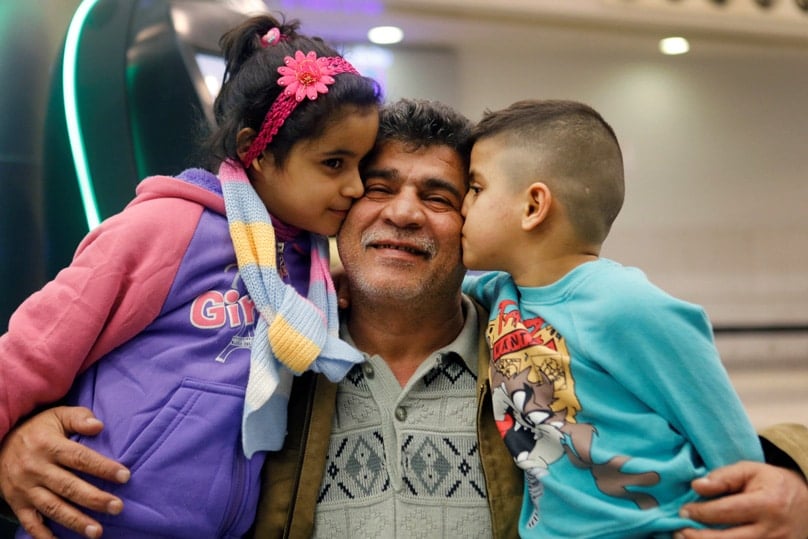
Thousands endure prolonged delays for protection status while ‘living in the shadows’
Jesuit Refugee Service Australia has welcomed the release of a comprehensive report by the Australian Human Rights Commission warning of “serious concerns” about the 30,000 asylum seekers and refugees living in the community.
The report, Lives on Hold, examines the so-called ‘legacy caseload’ of people seeking asylum and refugees who arrived by boat before 2014.
Due to a number of legal and policy changes since 2012, this group is treated differently from other groups of asylum seekers with the report finding they are “living in the shadows” and increasingly vulnerable members of Australian towns and cities.
“These people face prolonged delays in assessing their refugee claims, with limited government support to meet their health and other needs,” said Human Rights Commissioner Edward Santow.
“They risk severe deterioration in their living conditions and mental health, with many at higher risk of suicide.”
A spokesperson for the Department of Home Affairs told media that asylum seekers who could not support themselves while waiting for their immigration status may be supported through the government’s Status Resolution Support Services program, which offers housing, counselling, health services and income support.
She said bridging visa holders generally had access to Medicare and mental health services through the public health system.
More reports to come
JRS Australia director Carolina Gottardo said that her organisation works with thousands of people from this group each year and provided input for the report.
She said it has seen single mothers who have experienced domestic violence and couples over the age of 60 who have not been given access to the Status Resolution Support Services, and sick people with court hearings or ministerial intervention applications who have not had Medicare or bridging visas for months.
“These are people whose lives have been hidden in plain sight, whose fundamental struggles for safety and dignity have not been understood or heard.”
“This important report by the Australian Human Rights Commission will be the first of many to shed a comprehensive light on Australia’s asylum policies and their harmful impacts not just for those in detention but those living in our cities and towns as well,” Ms Gottardo said.
Related articles:
